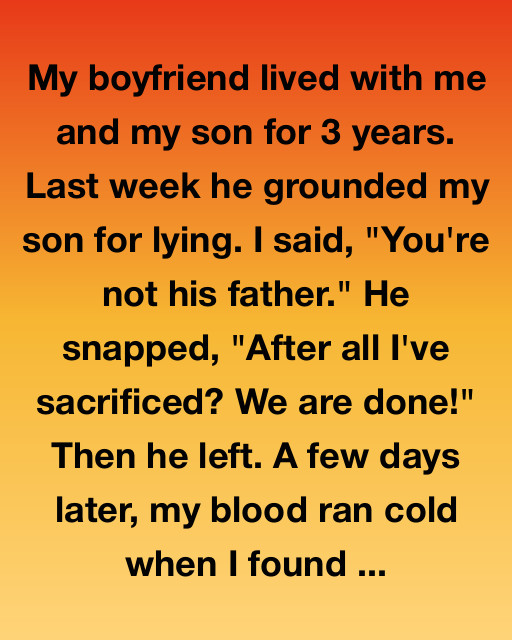We all face situations where someone tries to put us down. At work, at home, or even with friends, these moments can sting. But here’s the thing: insults often say more about the insulter than they do about you. They come from a place of insecurity or unhappiness. In this friendly guide, let’s dive into two clever tactics, suggested by a seasoned psychologist, to handle insults gracefully and even prevent them from happening again.

Responding with Empathy
Meet Grayson Allen, a graduate from the University of Cambridge, who shares incredible psychological insights. His first tip for dealing with insults is all about empathy. When faced with an insult, take a moment to breathe and step back. Then approach the person and ask them, with genuine care or a believable display of empathy, “Are you okay?” This instantly changes the dynamics. Instead of fueling the fire, you’re putting it out by addressing the insulter’s hidden issues.

Empathy is a powerful response. By showing concern and compassion, you often defuse the situation. The insulter might feel heard and understood, which can significantly alter their behavior. Additionally, responding with empathy showcases your strength and grace under pressure, making it clear that you won’t engage in a verbal spat. In many cases, people stop their insulting behavior once they realize you won’t react negatively, but rather connect on a deeper human level.
The Strength of Ignoring an Insult
Grayson’s second nugget of wisdom? Sometimes, just ignore the insult. Yep, it’s that simple. If someone tries to belittle you, especially in front of others, keep your calm. Don’t change your facial expression, stay relaxed, and carry on with the conversation as if nothing happened. This can make the insulter feel awkward and reveal their bad intentions to everyone around.
Ignoring an insult strips it of its power. You show you are unaffected by maintaining your poise. In group situations, this tactic is brilliant because it turns the spotlight onto the insulter, making them look inconsiderate. Your calm demeanor highlights your strength and emotional resilience, proving that their words are insignificant to you.
2 comebacks to any insult. If you use these people will know not to pick on you or bully you ever again. Things will help you gain respect socially so make sure you master these speaking tips! #comebacks #comeback #insult #bully #socialpsychology
Choosing Grace Over Insults
Grayson’s methods revolve around a core principle: Insults come from a place of insecurity. Realizing this helps you choose grace instead of confrontation. Whether through empathy or ignoring the insult, these responses are ultimately about emotional intelligence.
Opting for grace in difficult moments leaves a lasting impact. It shows that you can handle tough situations with dignity and can navigate through interactions with difficult people effectively. You might recall the saying, “No one can humiliate you without your consent.” By mastering Grayson’s techniques, you not only manage the moment but also lay the foundation for more respectful and positive interactions in the future.

By either showing empathy or choosing to ignore an insult, you are demonstrating a high level of emotional intelligence. This boils down to understanding your own emotions and managing them effectively, while also being acutely aware of and influencing the emotions of others. When you respond empathetically, you engage with the insulter’s state of mind, often defused by feelings of insecurity or sadness. This can lead to more meaningful communication.
On the other hand, ignoring the insult shows your strength in controlling your own emotional responses. Instead of reacting impulsively, you stay focused and maintain the integrity of your conversation. This is a key element in preserving healthy relationships and managing conflicts with peace and dignity.
To wrap it up, dealing with insults gracefully by using empathy or simply ignoring them can significantly change the dynamics of your interactions. Remember, insults often spring from issues within the insulter, not you. Whether you lean towards compassion or strategic silence, these approaches empower you to control the situation and deter future insults. As the wise saying goes, “No one can humiliate you without your consent.” Master these responses and face the world with confidence and poise.




